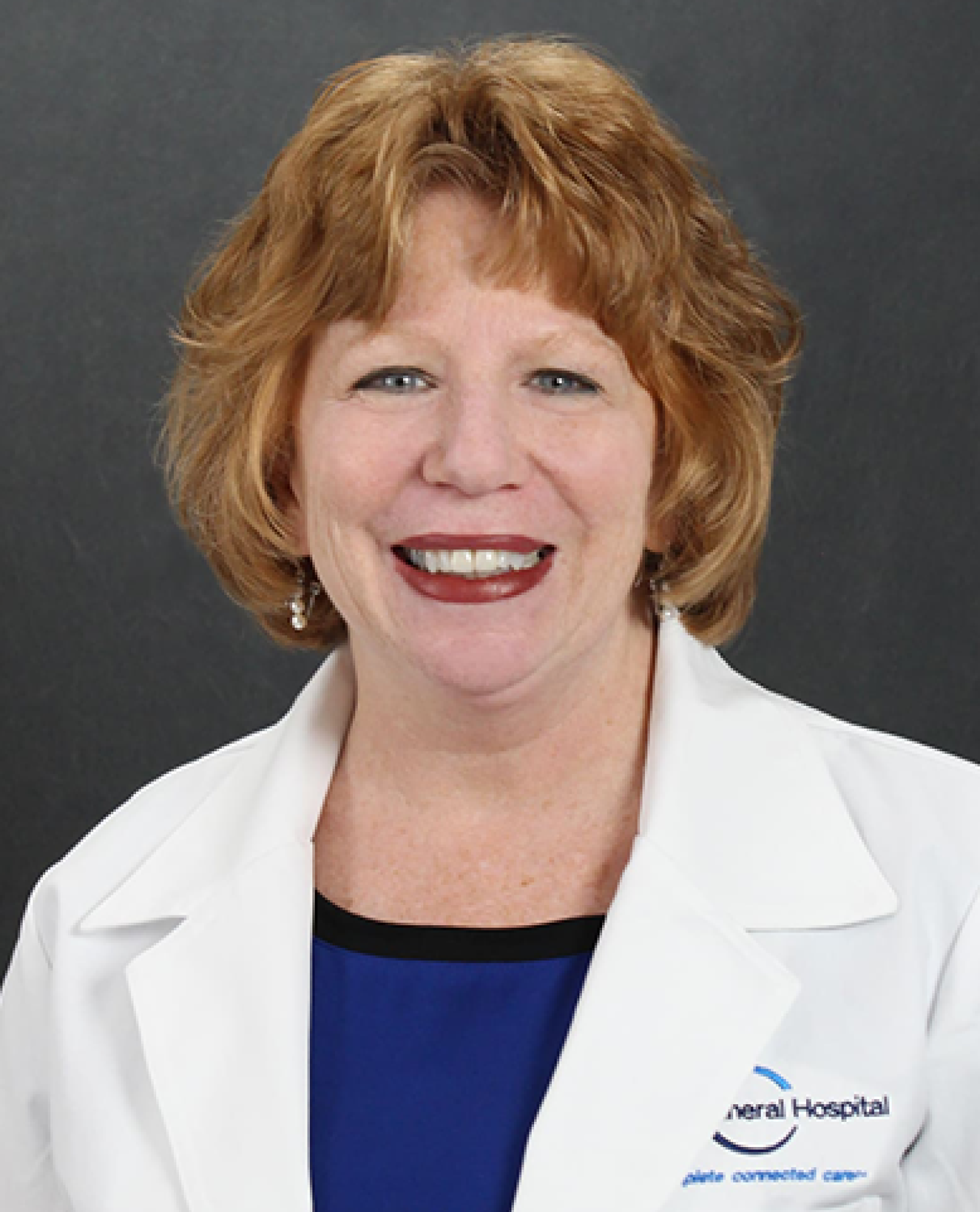Learning from COVID: Teamwork within and beyond the hospital

As the intensity of the spring wave of COVID-19 patients subsides, many hospitals are examining changes made to manage the surge and asking: What safety and other practices should we keep?
At Lowell General Hospital, Elizabeth Lydstone, R.N., Director of Maternal and Child Health, can cite at least two from her department’s experience. For her, the crisis strengthened partnerships with the larger Lowell community and underscored the value of team nursing.
Lydstone and her staff have been working with social service providers, often together with language interpreters, on conference calls or in Zoom meetings to prepare mothers, partners and families for the hospital experience and discharge to home. In partnership with social workers and others, clinicians have been helping to advise patients, whose lives in many cases have been complicated by COVID-19. Housing was a local problem prior to the pandemic and continues to be a challenge. Lydstone expects to continue to draw on strengthen relationships to help new mothers, their children and their families find safe housing and ongoing services.
“Our relationships became more respectful. You develop new appreciation for people when you are dependent on each other. Working so closely together, we were able to deepen our mutual trust. It's just an amazing feeling,” she says
For Lydstone, the use of care teams on COVID units was reminiscent of the principles of team nursing, a multidisciplinary approach to patient-centered care developed in the 1950s. In May, during the height of the surge in Lowell, some obstetrical nurses were assigned to work in teams on the medical-surgical unit and in critical care, where some had worked previously. Lydstone expects that the hospital will soon return to normal staffing but knows they will be able to quickly reactivate care teams for COVID-19 or other needs in the future. She says, “Many of us were familiar with team nursing. It’s like ‘all hands on deck,’ and works very well. Perhaps we should look beyond the scope of what we need today, keep some things, like these care teams, intact to increase and improve the way that we care for patients.”
Elizabeth Lydstone presented “Reactivation and re-imagination: Preparing nursing leadership for post-COVID decisions,” which was part of a series of virtual town hall meetings about COVID-19 and pregnancy hosted by the Perinatal-Neonatal Quality Improvement Network of Massachusetts and the Betsy Lehman Center. To access an archive of slides and recorded town hall sessions, click here.